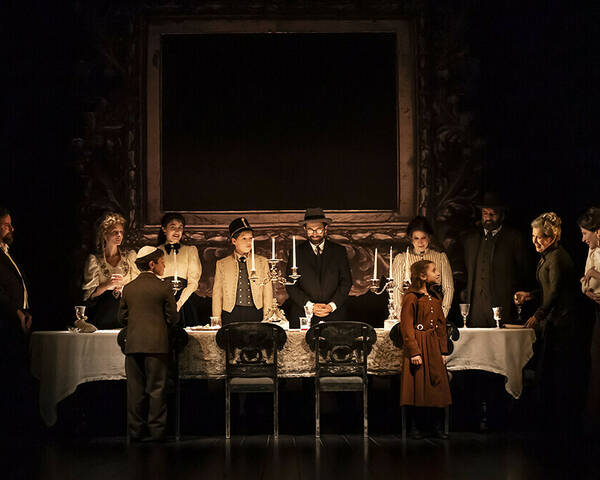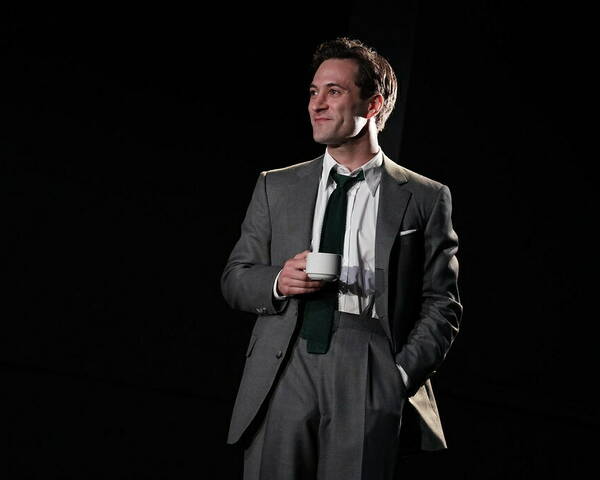Letters / On “Attention Must Be Paid”
Thank you for Alisa Solomon’s wonderful review of Tom Stoppard’s Leopoldstadt, and for the rich podcast discussion about the play, as well.
Solomon perfectly articulates a feeling I had about the play when she writes that the character Hermann’s realization of his own horrible fate—as a Jew in Vienna in 1939—is “a worn-out anagnorisis, a tragic recognition that has become threadbare with overuse.” The play may soothe some Jewish audiences by recalling a cultured Viennese past in a package more digestible than, for example, a 400-page Stefan Zweig book—but its attempt to present a legible Jewish narrative papers over the confusing mess of pre-World War II history that defines the identities of many US Jews. That choice is itself unsurprising: This isn’t Stoppard’s first rodeo, and legibility is still king on Broadway. When it comes to exploring Jewishness, plays must be able to speak simultaneously to tourists with little exposure to Jewish life, older Jewish New Yorkers reeling from the latest “antisemitic incident,” and students for whom Hollywood Holocaust narratives are the only frame of reference for Jewish representation. Stoppard’s play offers all of them an answer to the unanswerable question—“Who were we?”—with all the theatricality of a museum diorama, complete with dusty jokes about mohels.
I also appreciated Solomon’s insightful question, “What work can this play be doing in the present moment?” While I don’t disagree with her hypothesis that Leopoldstadt satisfies some Jewish audiences by dramatizing a “persistent danger” to Jewish life, I was surprised that she did not consider the play’s role as a post-Covid Broadway commodity. Theater after the pandemic encourages—and perhaps even requires—a form of Mourning Lite. Where soaring musicals elicit a certain kind of forgetting, “straight plays” instead offer a container for displaced pandemic grief. By framing Leopoldstadt as a personal reckoning with his own lately discovered Jewish history, Stoppard provides the perfect way to lure tentative audiences back to the theater. Solomon’s experience of squirming while the people around her sniffled mirrored my own. But I understood how Stoppard’s mawkish approach created a safe and even familiar space for audiences to mourn collectively. Leopoldstadt’s success may thus say more about how Broadway audiences are confronting loss in this post-pandemic moment than it does about their interest in interrogating (or even lightly exploring!) Jewish identity or generational grief.
Brooklyn, NY

